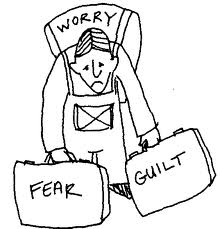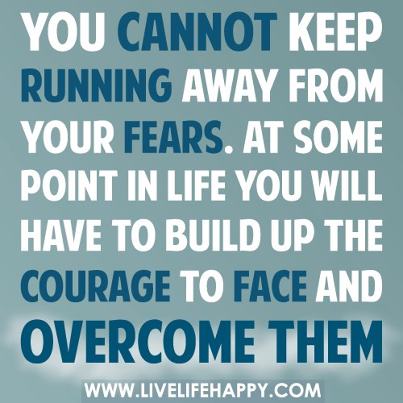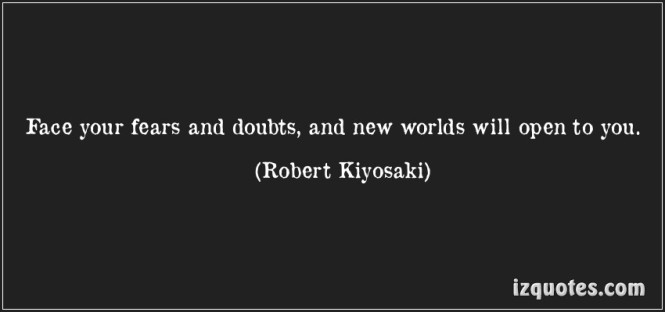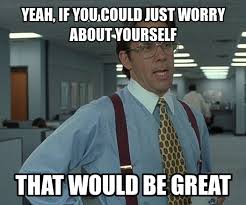Professionalism – The skill, good judgment, and polite behavior that is expected from a person who is trained to do a job well
Maintain – To keep in existence or continuance; preserve
Baggage – Things that encumber one’s freedom; impediments
Definitions provided by Webster’s Dictionary
In my previous post entitled “Professionalism in the Workplace”, we discussed the importance of maintaining professionalism at one’s place of employment.
This week, we’ll begin discussing ways though which to maintain professionalism. Specifically, we’ll focus on the first major step towards committing professionalism to habit.
Though we acknowledge the importance of maintaining professionalism in the workplace, it can be extremely difficult to implement such a mentality to daily practice. We understand what is expected of us, though we occasionally struggle to convert on our ends.
However, it is never too late to make positive changes to one’s workplace attitude and habits. There is hope for everyone.
Even through our most troubling times and lowest of emotional low’s, we possess the power to find and maintain professionalism. As indicated by the above definition of maintain, this process will require one to push him or herself and to truly persevere.
The following is the first of several methods which will help to ensure workplace professionalism and yield favorable workplace results:
“Leave your baggage at the door!”
We hear this phrase constantly. Life contains an unlimited amount of peaks and valleys. We all fall on difficult times, some of which can drain us emotionally. However, in spite of the proverbial curve balls thrown our way, we must remain focused on the tasks at hand.
We understand the importance of keeping personal issues away from the workplace. However, how often do we honestly practice this preaching? Do we always leave our emotional baggage at the door?
During your next trip to work, take time to reflect. Whether you’re driving your own vehicle, riding the subway, sharing a taxi cab, or even walking from home, be sure to let your thoughts productively flow in a positive direction while maintaining awareness of your ultimate destination.
Remind yourself that you are stronger than you give yourself credit for. Acknowledge that you are too strong of a person to let your issues interfere with your workplace attitude or focus. Concede that your issues cannot be address at work, though they will certainly be taken care of in due time. Take a deep breath and tell yourself that everything is going to be okay.
Once you’ve arrived near your work destination, prepare yourself for a stoic “grand entrance” via foot.
Hold your head high and acknowledge your importance to your company. Give yourself credit for your professional accomplishments thus far. It’s okay to be proud of yourself for individual contributions.
Upon entrance to your place of employment, say aloud or to yourself “My baggage stays outside here, where it belongs”. Feel yourself leaving an emotional burden behind, while making sure you’ve held onto your actual suitcase and personal belongings!
Concentrate on making this baggage check a daily routine, with the attitude that each day’s “grand entrance” will be better than that of the previous day.
In my next post, we will discuss the power of a smile while maintaining professionalism.










